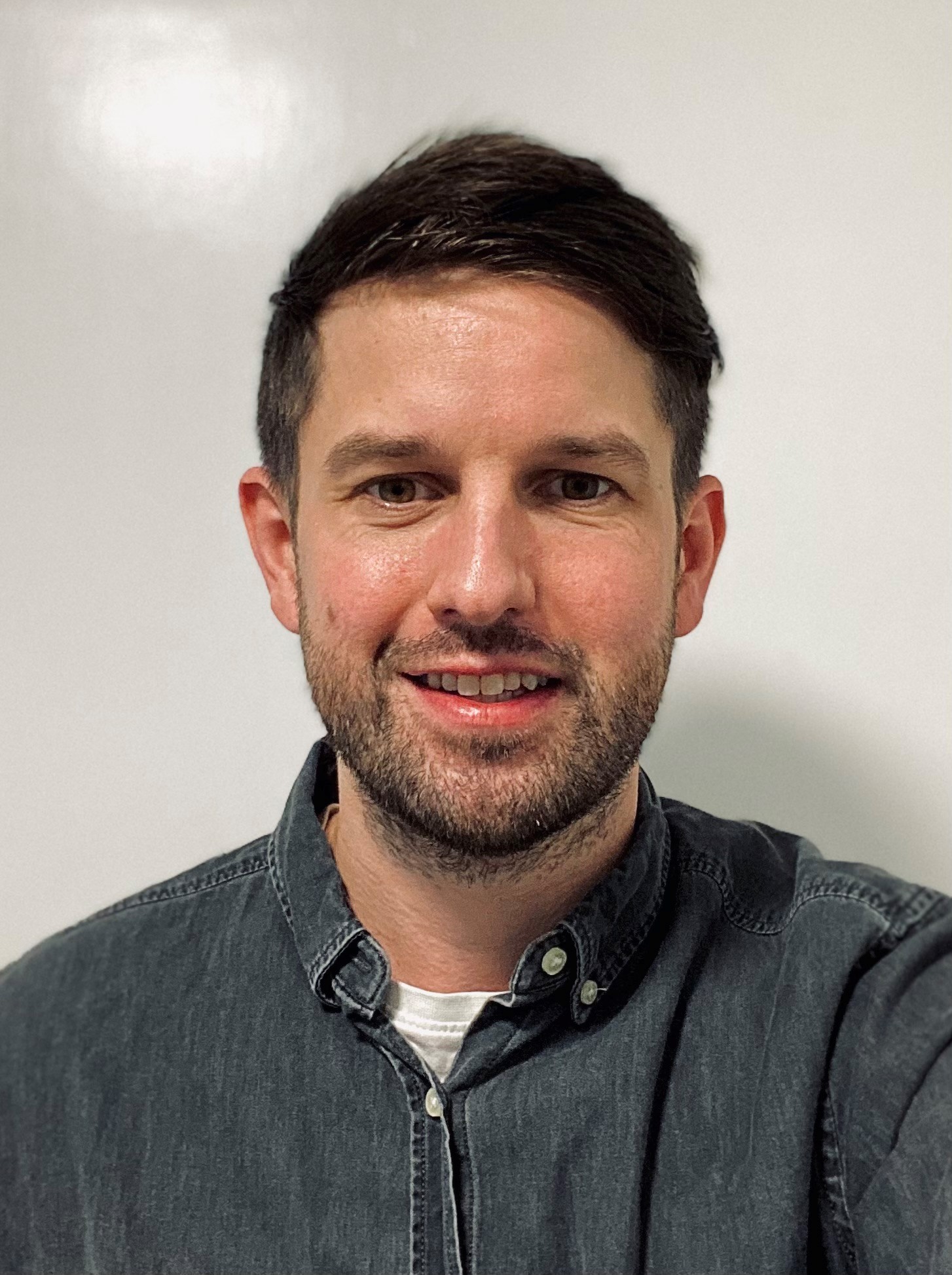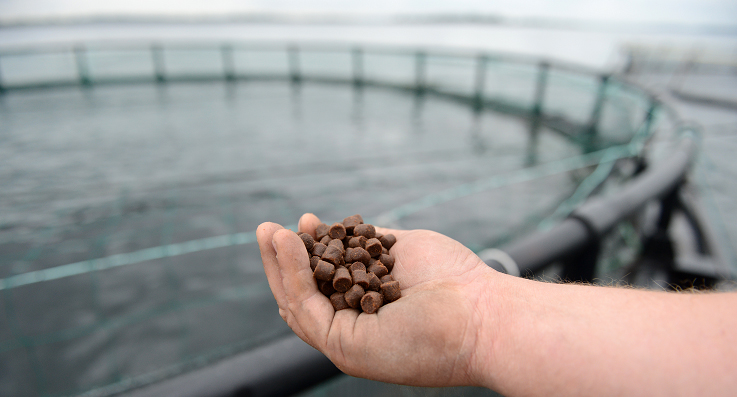In recent times, there has been a growing interest in sterile salmon within the aquaculture industry due to the perceived advantages it offers. Sterility in farmed fish, particularly in the case of Atlantic salmon, provides various benefits, but it is crucial to meet the specific environmental and nutritional needs of these fish for successful cultivation.
Potential benefits of sterile salmon
Development of tailored nutrition
In 2011, BioMar, in collaboration with the Institute of Aquaculture at the University of Stirling, developed a specialised diet called Tri-X tailored specifically for triploid salmon. This diet was created through extensive testing in both aquarium and field settings. Tri-X is designed to meet the unique requirements of triploid salmon, which differ significantly from those of standard diploid Atlantic salmon.
- A critical aspect of Tri-X's formulation is ensuring optimal mineralisation of the fish's bone structure to support their rapid growth and increased muscle development. Understanding the bone development process from the early stages of life was key in determining the inclusion of essential minerals.
- Additionally, Tri-X incorporates an appropriate amount of essential vitamins to support the distinct immune function and metabolic processes of triploid fish. Essential amino acids, the building blocks of proteins, also play a crucial role in promoting growth, development, and overall health. Our research identified differences in the utilisation of specific components, leading to the development of the Tri-X range to provide triploid salmon with the necessary nutrients.
- Triploid salmon exhibit specific dietary requirements throughout their life cycle, from initial feeding to harvest size. The components included in the Tri-X range work both individually and synergistically to ensure the healthy development of these fish, ultimately achieving the highest quality classification at harvest.
The potential benefits associated with culturing triploid salmon are indeed enticing. By understanding and addressing their specific nutritional, environmental, and husbandry needs, producers can unlock the full potential of triploid salmon in aquaculture.

Mikey Clarkson
Mikey Clarkson's journey into aquaculture began with an honors degree in marine biology at Heriot Watt University in 2008. His passion for sustainable aquaculture grew as he gained hands-on experience and connections during a master's degree at the Institute of Aquaculture in Stirling. Mikey's career path led him to the forefront of Recirculating Aquaculture Systems (RAS) technology. He completed a PhD and post-doctoral research, contributing to industry-fronted projects, including the RobustSMOLT initiative, focusing on RAS and salmon health.
